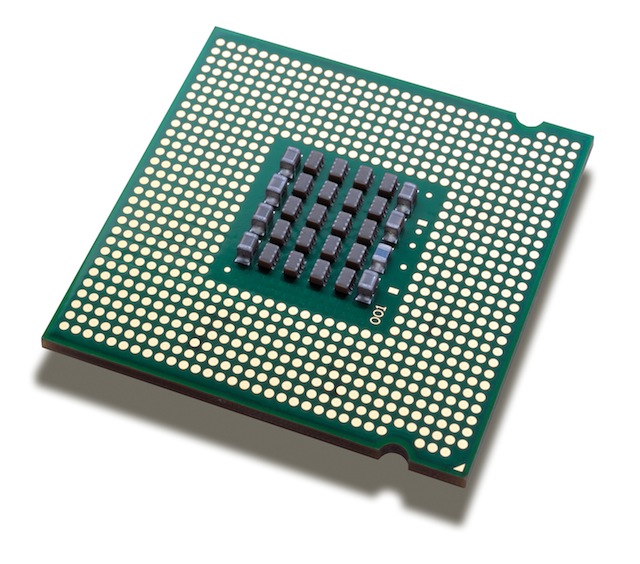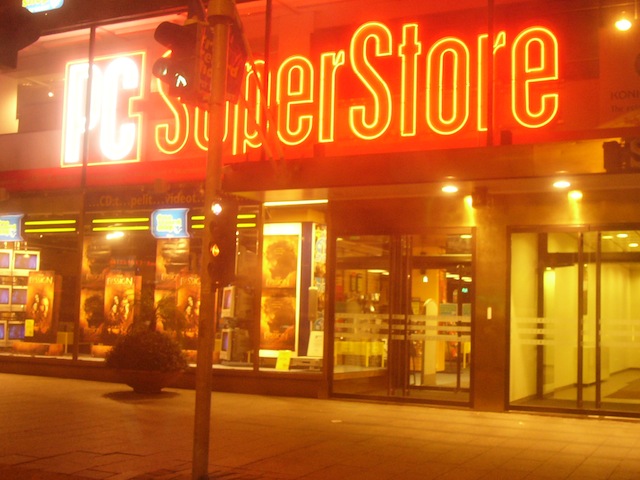Nano Dimensions may not have shipped a product since it was founded in 2012 but is worth $49 million dollars and was Israel’s best performing tech stock last year reports Bloomberg Business.
It’s not surprising that Nano Dimensions has caught the imagination of investors, the company was founded in 2012 to develop advanced 3D printed electronics, including printers for multilayer PCBs (printed circuit boards) and the nanotechnology-based inks those machines rely upon.
Should the technology prove successful, the application of those printers in fields like rapid prototyping is immense. The company speculates their devices may even get RFID tags down to the magical one cent figure which opens may opportunities in industries like logistics and retail.
In a GeekMe profile of the company last June, the writer even speculated Nano Dimensions could be heralding a disruption to the electronics industry similar to that the music industry faced when home users could burn their own CDs and stream music.
While that – and the speculation that 3D printing of electronic devices will kill Chinese manufacturing – may be some way off, it isn’t hard to see the potential of this technology.
The Israeli aspect of the Nano Dimensions story is interesting as well, with the company receiving a $1.25 million investment from the country’s office of the chief scientist after it was reverse listed onto the local stock market by taking over a moribund company.
For countries like Australia, Canada and the United States which are likely to have many moribund small mining and energy on their stock markets in coming years, such reverse listings may be an opportunity to spark their tech sectors with fresh capital and talent.
While Nano Dimensions is still very a speculative venture, the company illustrates a number of possibilities for 3D printing, electronics, the Israeli tech industry and the future of fund raising at a time when the Silicon Valley venture capital model seems to be under stress.
Another fascinating aspect of Nano Dimensions is that it’s one of the new breed of hardware startups, a field that until recently was dismissed as ‘too hard’ by most tech investors. Overall, the Israeli businesses an interesting company to watch for many of the aspects it touches upon.


